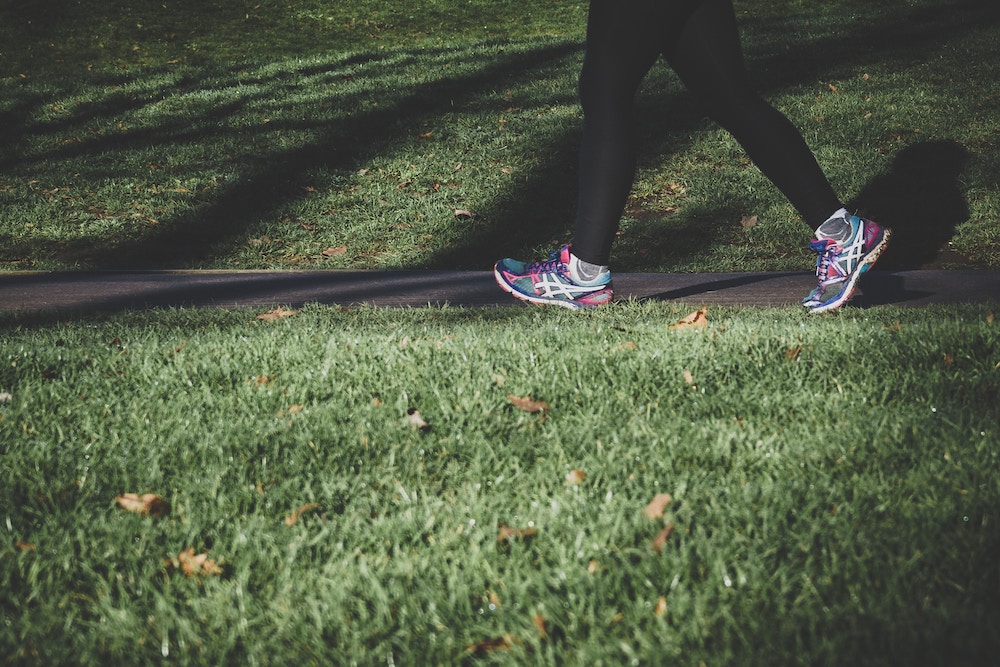Normally, we encounter moments throughout our days that deliver little jolts of the four so-called “happiness hormones.”
We arrive at our office and warmly greet a co-worker: thank you, oxytocin. We drop our kids at school and hear from their teachers how well they are doing: hello, serotonin. We complete a work task and check it off our list: ahh, dopamine. We go to the gym and work out with our usual 5:30 p.m. crew: bring on the endorphins.
These are the four hormones that keep us happy, satisfied, connected and moving forward. They drive our productivity and that productivity makes us feel good, which encourages us to be more productive, which keeps us moving forward in a uniquely human, positive cycle. In the most general sense, here’s how these hormones impact us.
Dopamine
Dopamine is your chemical reward system. Sometimes referred to as our “feel-good neurotransmitter” it’s the chemical that gets released when we do things that satisfy us, from checking things off our to-do list, leveling up in a video game, eating that chocolate bar we crave or seeing the “likes” grow on our social media posts.
Serotonin
Serotonin does all sorts of things, but for our purposes, suffice to say that serotonin contributes to our feelings of happiness and our sense of well-being and helps to regulate our mood — which is why it is the target of many anti-depressants.
Endorphins
Endorphins reduce our perception of pain in a manner that is similar to how drugs like morphine work. Yup, that strong. And they reduce stress and can make us feel downright euphoric. Runner’s high anyone?
Oxytocin
Oxytocin, sometimes called the “love hormone,” drives our desire for kinship and collaboration. One of the unique things about human beings, and one of the things that has enabled us to excel as a species, is our unique desire for and ability to collaborate. Oxytocin helps drive that desire.
These days …
Unfortunately, the daily routines, habits and connections we rely on to deliver essential jolts of those happiness hormones are in short supply. If we’re not careful, their lack can plunge us into places we don’t want to go. At the very least, the positive cycle these hormones create has been deeply disrupted.
In order for us to activate these hormones that are critical to our wellbeing, we are going to have to get creative, get intentional and work a whole lot harder.
Ten ideas.
There are things we can do and steps we can take to help protect our mental and emotional well-being. Here are ten ideas.
- Connect with friends and loved ones. Schedule calls, Zoom chats and lots and lots of Facetime — something about actually seeing their faces helps.
- Quarantined with others in your household? Hug them. A lot. Physical contact is powerful.
- Laugh. Yes, there is a whole lotta’ frightening news out there. Balance it with things that make you laugh — my friend Helen’s family is rewatching the entire Office, starting with season one.
- Move your body. In whatever way you can. As often as possible. If you do nothing else, do this.
- Walk. If possible, get outside and walk in nature. 99 Walks offers monthly walking challenges, a supportive community and motivating jewelry to members who achieve their goals: bam, endorphins, dopamine and oxytocin rolled into one.
- Practice gratitude. Focus on your mind on things for which you are grateful and write them down. This simple act has been shown to be incredibly powerful to rewire your brain for positivity.
- Snuggle Rover. Petting dogs seems to drive the release of oxytocin.
- Help someone. Yup, it is easy to go down your own rabbit hole of fear, uncertainty and why me … and one the best ways out of that is simply helping another person.
- Clean your junk drawer, closet or tackle the garage. The dopamine hits you usually get from accomplishing tasks? You still need them. Set a task, get it done, check it off.
- Watch your diet. I know, I’m right there with you, stress eating my way through this. But the bread slathered with butter, the evening bowl of ice cream, the chocolate chips by the handful … none of that is helping.
One warning and one caveat.
If you are like most of us, your time on social media is spiking. This can be both good and bad. Yup, it is helping you feel connecting and yup, you are likely getting a laugh or two from some of the incredibly clever memes popping up hourly.
But beware: social media has been designed to trigger your dopamine response and make you want more and more. There is absolutely a place for social media as a way to stay connected, especially now. But be careful that you are not fueling an unhealthy addiction.
And Finally, You Won’t Feel Like Doing Any of This
Here’s the biggest caveat: when you are running low on happiness hormones (and many of us are right now), you won’t feel like doing the things that will fire them back up. If you wait until you feel like taking a walk, you won’t. If you wait until you feel like cleaning the junk drawer, you won’t. If you wait until you feel like calling on an elderly neighbor to offer help, you won’t. And you won’t want to put down the bag of chocolate chips either.
You are going to have to force yourself. But once you do, you’ll fire up those happy hormones and you’ll want more of them. And that’s a good thing.


